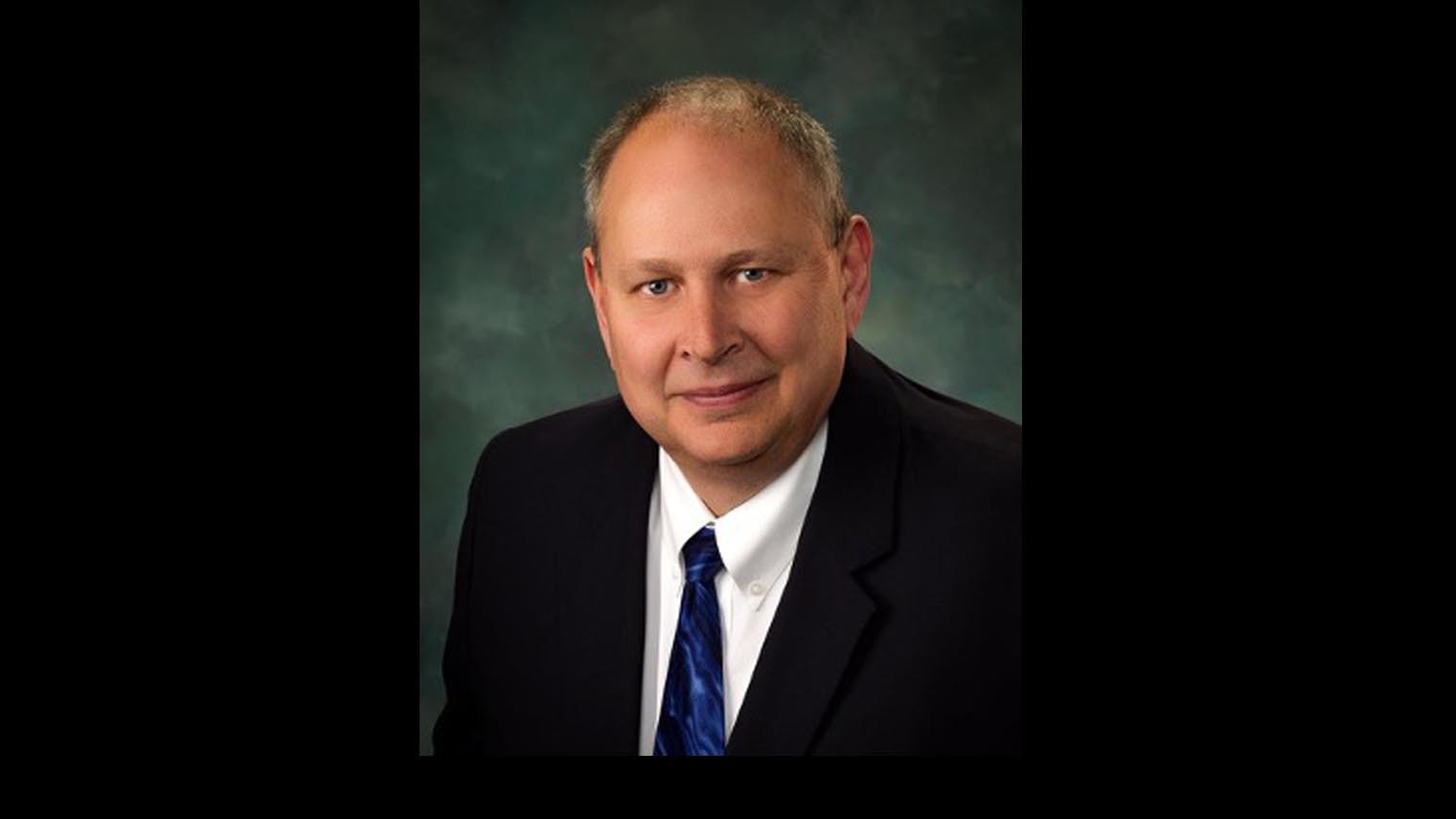We should learn from the bad experiences of others in developing our policy, especially when our prime source of state income – mineral extraction – is under attack.
McCreary County, Kentucky is a place where over fifty percent of the land and minerals are controlled by the federal government, where the primary industry was fossil fuels, and the federal government waged a war on fossil fuels. They have a lot of parallels to Wyoming.
Because their coal was high sulfur, the attack happened thirty years ago.
They lived through what Wyoming is apparently going through, now. Perhaps we should learn from their experience, so we don’t end up in much the same place.
McCreary County, Kentucky was once a booming coal producing area, with over 29 coal mines happily producing good jobs and livelihoods. Then, the coal mines went into decline for a lot of reasons, primarily environmental regulation and natural gas.
McCreary County kept fighting to protect the coal jobs but did not diversify. Then, the tax base vanished, and there was no money to diversify.
The last coal mine closed in 1994. Now, jobs in McCreary County are scarce. Most residents work in government jobs, including for the U.S. Penitentiary and the county school system. Jobs in the logging and tourism industries are few and far between.
The county has high unemployment. Forty-five percent of area residents with jobs commute to work outside the county limits. One of the poorest counties in the United States, McCreary has a 41 percent poverty rate, and half of all area households earn less than $20,000 a year.
The average household income is $19,348. The per capita income $9,896. The poverty rate is forty-one percent.
Now, with little money, the economic development folks in McCreary County are trying to reinvent the community, but reinvention has been difficult since the primary industry left town.
They do boast a tough resilient community spirit and a unified community desire to rebuild the county. Funding is difficult to obtain.
What can the folks of Wyoming learn from the decline of McCreary County?
First, don’t put your eggs in one basket. If there are opportunities to diversify, do it.
When the horse leaves town, the tax dollars generated by that horse also leave town. Without the dollars for diversification, the community is left as a pauper to beg for scraps.
Second, no one is really going to help. If a state’s primary industry is in decline, the state can expect little less than scraps to help ease the decline.
It is up to the state’s policy leaders to create an environment for diversification. No one else really cares.
Third, wasting time screaming at the federal government about its policies is rarely productive.
That is not to say the state shouldn’t try everything in its power to fight back the federal government, but publicity stunts like special sessions are a waste of time and money.
The state should not focus on fighting the federal government as its only option.
Counting on an environmental policy being restructured is historical folly. Historically, once the regulations are in place, they stay in place – forever.
Fourth, with good leadership there are options. The North Carolina rebirth after the decline of the tobacco industry is an example of how good political leadership coupled with industry restructured a state’s economy.
To be successful, we need political leaders who look to the future, not dwell in some political fantasy land.
Fifth, the state must be unified and nimble. The state needs strong leadership with a clear vision of the future. The leaders need to anticipate barriers to diversification and address them.
The problem with being nimble is those who just want to take things “back to the way it was” resist forward thinking.
Sixth, a strategy of no taxes and no government becomes a self-fulfilling prophecy.
Without diversification, no one has jobs, property values decline, and no one pays taxes. The people and the state are bankrupt. Lack of vision for the future leads us ultimately to this decline.
Our current crop of political types are currently offering precious little discussion about the future of the state.
Instead, candidates are busy trying to “out conservative” each other. What they should be discussing is our future, not how conservative they are.
McCreary County has given us the opportunity to see what not diversifying looks like. We still possess great opportunity to mold our future.
This election, more than any other, gives us the choice to select candidates who will lead us into the future.
We deserve better from our candidates than political buzz words and name calling. We deserve candidates who offer clear visions of our future, not the roadmap to destitution.
The choice is ours.
Tom Lubnau served in the Wyoming Legislature from 2005 - 2015 and is a former Speaker of the House. He can be reached at: YourInputAppreciated@gmail.com





